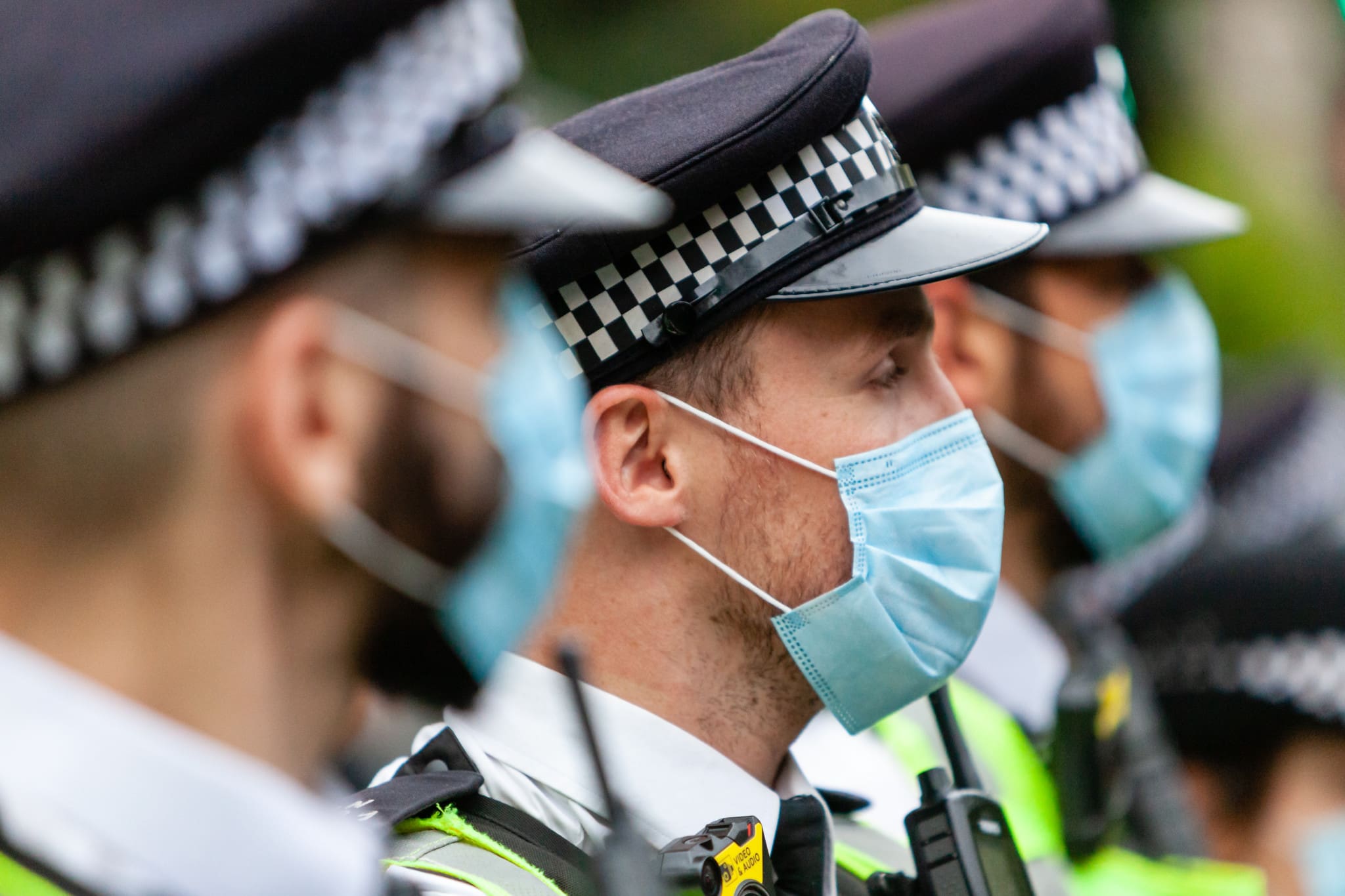More than 1,000 children in the English town of Telford were subjected to sexual abuse by men of predominantly South Asian heritage over decades, with authorities failing to investigate the widespread culture over fears of appearing racist, an inquiry has found.
The long-awaited and damning report by the independent inquiry chaired by Tom Crowther QC was published on Tuesday, and documented hundreds of cases of sexual child exploitation by grooming gangs in the Shropshire town and its surrounding areas.
The report criticized authorities and support structures supposedly in place to help prevent and identify child sexual exploitation. It held that signs of abuse “were apparent to anyone prepared to recognize them,” citing cases which dated from the 1980s up to the current day and concluded that hundreds if not thousands of children “were failed by the institutions that should have protected them.”
[pp=10130]
The inquiry heard reports detailing the cycle of abuse which was heavily linked to the night-time economy in the town, particularly within the taxi community, as well as late-night food outlets and night clubs, all of which were dominated by groups of men from the South Asian community.
The most popular grooming method was what the inquiry called the “boyfriend” or “lover boy” model, which would see a child meet a man, either by chance or by virtue of the man’s job as a taxi driver or food delivery driver; the child would then be showered with gifts, whether these be “giving the children lifts, buying them fast food, alcohol and cigarettes, and/or topping up their mobile phones with credit.”
“Perpetrators sought out those who were much younger than them and/or vulnerable; perhaps those that were on the edge of friendship groups, or craving attention,” the report stated.
Once a connection had been formed between the abuser and the child, “the children were then encouraged to become involved in sexual activity, which they were led to believe was part of the relationship.” Gang rape was not uncommon and reported in a high volume of case studies.
[pp id=38461]
“The men were rotating, taking turns to rape me. It seemed to go on forever. Once I started
to get the feeling back in my body, I struggled and kicked out, and they forcibly held me,” cited one harrowing report from a victim in the inquiry’s report.
Perpetrators retained control over their victims through coercion and extortion. “Victims received death threats against them or their family members” if they told anyone about the abuse, or “threats their houses would be petrol-bombed.” This last threat was reinforced by reference to the murder of Lucy Lowe, a former child sexual abuse victim in the area who died alongside her mother, sister, and unborn child of her abuser in a house fire August 2000 at age 16. Her abuser, Azhar Ali Mehmood, was found guilty of three counts of murder and jailed in 2001.
“Abusers would remind girls of what had happened to Lucy Lowe and would tell them that they would be next if they ever said anything. Every boy would mention it,” an eyewitness report told the inquiry.
The scale of the abuse is likely to be even larger than the report initially suggests, with reports detailing how “minibuses” full of children were trafficked out of Telford for the purposes of child sexual exploitation. The inquiry found that the estimated 1,000 figure published in the press in relation to the number of cases of abuse was “considered conservative.”
[pp id=10191]
The report placed blame on the council and social services, as well as West Mercia Police for either not doing enough or not having the resources or will to tackle the culture of abuse within the Telford community. “While some individuals plainly recognized the problem, the structures in place did
not serve victims of child sexual exploitation well,” the report stated.
The inquiry heard how there was a “nervousness about race in Telford and Wellington in particular, bordering on a reluctance to investigate crimes committed by what was described as the ‘Asian’ community,” and held that the remarks were valid in what it described as “this most abject failure.”
“As to failure to take proper action, I am quite satisfied on the evidence that in the
1990s and early 2000s — and even beyond — West Mercia Police allowed a nervousness about race
to become prevalent among officers, and that this led to a reluctance to police parts of Wellington,” Tom Crowther QC stated in his findings.
“It is an undeniable fact that a high proportion of those cases involved perpetrators that were described by victims/survivors and others as being ‘Asian’ or, often, ‘Pakistani.’ The Inquiry has itself also heard such accounts from victims/survivors.
“In considering the evidence, and in particular the disclosed material, I have been cautious not to infer too much from names, which may indicate wider geographical background and indeed religious
heritage, but are wholly unreliable indicators of national background and (in particular) religious belief. Even bearing that in mind, however, the evidence plainly shows that the majority of child sexual exploitation suspects in Telford during my Terms of Reference were men of southern Asian heritage.”
Report of the Independent Inquiry Telford Child Sexual ExploitationEvidence from a number of witnesses suggested that certain areas of Wellington in particular were “no-go areas” for police where “young Pakistani boys were feeling they were above the law and they could do what the hell they wanted.”
The inquiry concluded that it was in “no doubt that concern about racism, and being seen to be racist, permeated in the mind of West Mercia Police, and indeed the Council and the minds of some of its employees,” and was satisfied that “this nervousness led to a reluctance to act.”
Following publication of the inquiry’s findings, Assistant Chief Constable Richard Cooper, speaking on behalf of West Mercia Police, said: “I would like to say sorry. Sorry to the survivors and all those affected by child sexual exploitation in Telford. While there were no findings of corruption, our actions fell far short of the help and protection you should have had from us; it was unacceptable, we let you down.
“It is important we now take time to reflect critically and carefully on the content of the report and the recommendations that have been made. We now have teams dedicated to preventing and tackling child exploitation,” he added.






